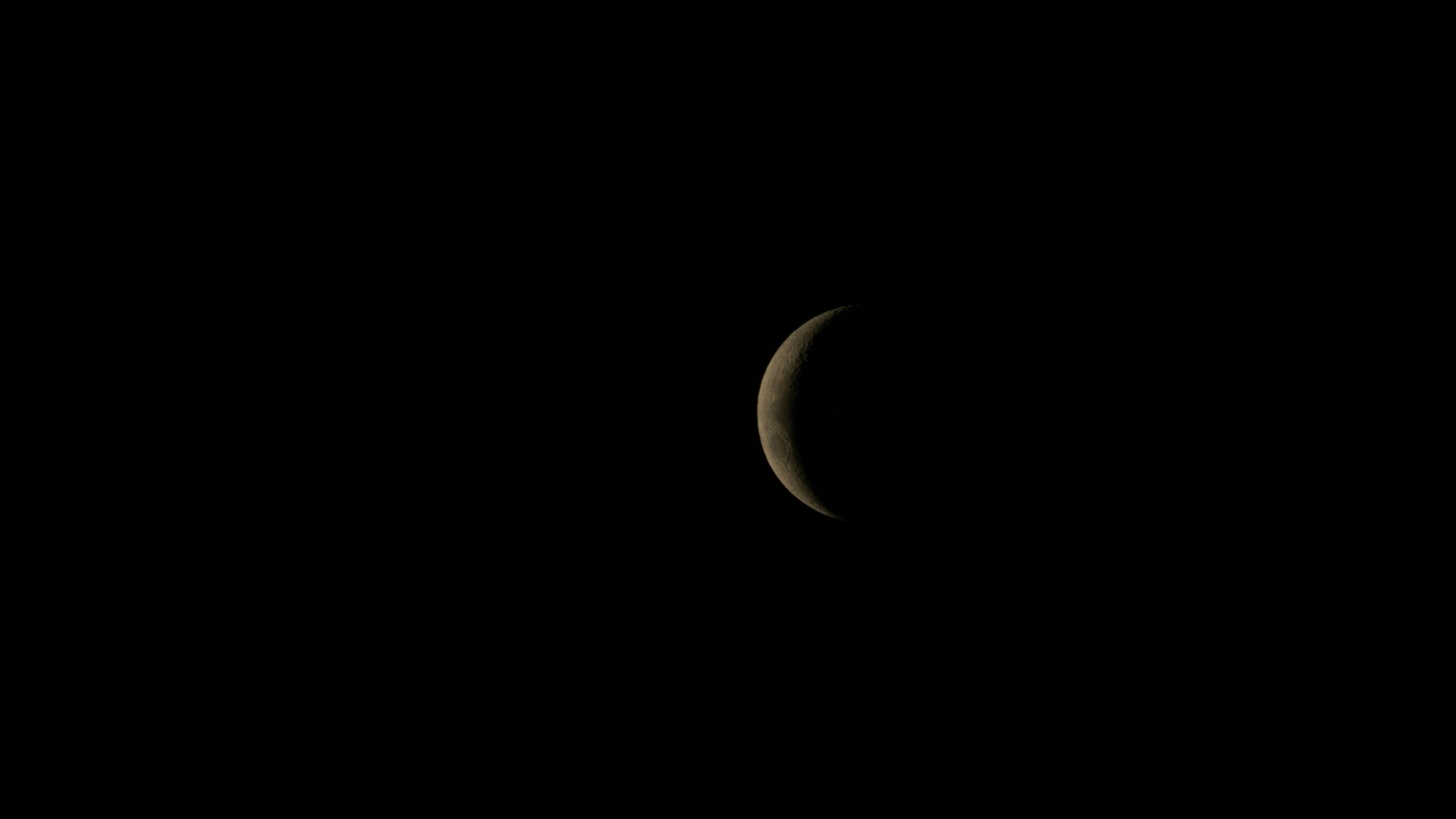The Rise in Popularity of Psychological Films
The craze for psychological films has been steadily on the rise among viewers. This growing interest indicates that audiences are increasingly drawn to the complexities and thought-provoking narratives that this genre offers. One recent example that exemplifies this trend is the movie “Bramayugam,” starring Mammootty. However, there are numerous other psychological films that may have gone unnoticed by the general audience.
The Allure of Psychological Films
Psychological films captivate audiences by delving into the depths of the human mind and exploring the complexities of human behavior. These films often challenge viewers to think critically and question their own perceptions of reality. By presenting intricate plotlines and multidimensional characters, psychological films provide a unique and immersive cinematic experience.
One of the reasons behind the increasing popularity of psychological films is the desire for intellectual stimulation. Viewers are drawn to the genre’s ability to engage them on a deeper level, prompting introspection and contemplation. The intricate narratives and psychological twists keep audiences engrossed, leaving a lasting impact even after the movie ends.
Unnoticed Gems in the Psychological Film Genre
While “Bramayugam” has garnered attention for its psychological elements, there are several other films in this genre that may have escaped the audience’s attention. These hidden gems offer unique perspectives and narratives that deserve recognition.
One such film is “The Machinist” (2004), directed by Brad Anderson. The movie follows the story of Trevor Reznik, a machinist suffering from severe insomnia. As his mental state deteriorates, Trevor becomes entangled in a web of paranoia, leading to a shocking revelation. Christian Bale delivers a mesmerizing performance, immersing viewers in the character’s psychological turmoil.
Another lesser-known psychological film is “Coherence” (2013), directed by James Ward Byrkit. The movie explores the concept of parallel universes during a dinner party. As strange occurrences unfold, tensions rise, and the characters’ relationships are put to the test. “Coherence” presents a mind-bending narrative that keeps viewers guessing until the very end.
“Enemy” (2013), directed by Denis Villeneuve, is yet another psychological gem that often goes unnoticed. Starring Jake Gyllenhaal, the film follows a college professor who discovers his exact doppelgänger. The eerie atmosphere and surreal imagery create a sense of unease, making “Enemy” a captivating psychological thriller.
The Future of Psychological Films
As the demand for psychological films continues to grow, it is evident that audiences are hungry for more thought-provoking and intellectually stimulating content. Filmmakers are increasingly exploring the depths of the human psyche and pushing the boundaries of storytelling.
With advancements in technology and storytelling techniques, the possibilities for psychological films are endless. The genre allows for innovative storytelling methods, such as nonlinear narratives, unreliable narrators, and mind-bending twists. These elements keep viewers engaged and create a unique cinematic experience.
Furthermore, the success of psychological films like “Bramayugam” and the growing interest in the genre indicate that audiences are receptive to exploring the complexities of the human mind. This opens doors for filmmakers to delve deeper into the psychological landscape and create narratives that challenge and captivate viewers.
Conclusion
The rise in popularity of psychological films is a testament to the audience’s appetite for intellectually stimulating and thought-provoking content. Films like “Bramayugam” have showcased the genre’s potential to captivate and engage viewers. However, it is important to recognize the numerous other psychological films that may have gone unnoticed but offer unique perspectives and narratives.
As the demand for psychological films continues to grow, filmmakers have the opportunity to explore the depths of the human mind and push the boundaries of storytelling. The future of psychological films looks promising, with advancements in technology and storytelling techniques allowing for innovative and immersive cinematic experiences.
So, the next time you’re in the mood for a movie, consider diving into the world of psychological films and explore the complexities of the human psyche.







